Blog
Actionable insights to help you stay on the cutting edge.
Actionable insights to help you stay on the cutting edge.





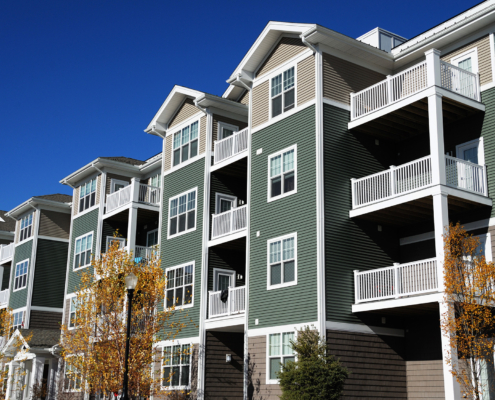























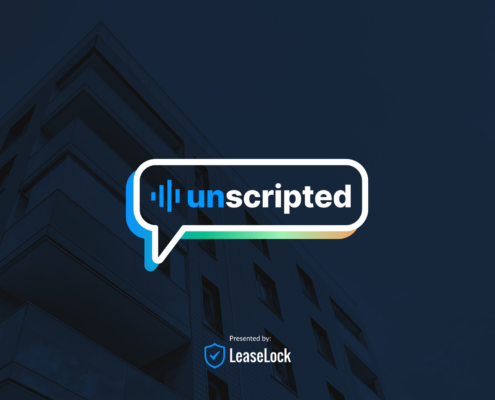






 https://leaselock.com/wp-content/uploads/2024/07/Copy-of-CHICAGO-1.png
1250
2000
Abstrakt Marketing
/wp-content/uploads/2024/04/LeaseLock-logo-black.svg
Abstrakt Marketing2024-07-22 14:05:092024-09-11 15:53:22Why LeaseLock? (Q+A with Chief Technology Officer Sudip Shekhawat)
https://leaselock.com/wp-content/uploads/2024/07/Copy-of-CHICAGO-1.png
1250
2000
Abstrakt Marketing
/wp-content/uploads/2024/04/LeaseLock-logo-black.svg
Abstrakt Marketing2024-07-22 14:05:092024-09-11 15:53:22Why LeaseLock? (Q+A with Chief Technology Officer Sudip Shekhawat)



 https://leaselock.com/wp-content/uploads/2024/05/Worms-eye-view-of-skyscraper-apartment-buildings.jpg
1250
2000
Abstrakt Marketing
/wp-content/uploads/2024/04/LeaseLock-logo-black.svg
Abstrakt Marketing2024-05-21 14:36:062024-07-17 15:16:446 Myths About Apartment Lease Insurance That Landlords Shouldn’t Believe
https://leaselock.com/wp-content/uploads/2024/05/Worms-eye-view-of-skyscraper-apartment-buildings.jpg
1250
2000
Abstrakt Marketing
/wp-content/uploads/2024/04/LeaseLock-logo-black.svg
Abstrakt Marketing2024-05-21 14:36:062024-07-17 15:16:446 Myths About Apartment Lease Insurance That Landlords Shouldn’t Believe https://leaselock.com/wp-content/uploads/2024/05/Young-businesswoman-inside-office-working-with-laptop.jpg
1250
2000
Abstrakt Marketing
/wp-content/uploads/2024/04/LeaseLock-logo-black.svg
Abstrakt Marketing2024-05-20 15:58:322025-06-24 08:54:13How Lease Insurance Can Help Landlords Mitigate Risk and Ensure Income
https://leaselock.com/wp-content/uploads/2024/05/Young-businesswoman-inside-office-working-with-laptop.jpg
1250
2000
Abstrakt Marketing
/wp-content/uploads/2024/04/LeaseLock-logo-black.svg
Abstrakt Marketing2024-05-20 15:58:322025-06-24 08:54:13How Lease Insurance Can Help Landlords Mitigate Risk and Ensure Income

 https://leaselock.com/wp-content/uploads/2024/04/Side-view-of-business-partners-shaking-hands.jpg
1250
2000
Abstrakt Marketing
/wp-content/uploads/2024/04/LeaseLock-logo-black.svg
Abstrakt Marketing2024-05-01 08:26:272024-05-01 08:26:28The Future of Security Deposit Insurance and Replacements
https://leaselock.com/wp-content/uploads/2024/04/Side-view-of-business-partners-shaking-hands.jpg
1250
2000
Abstrakt Marketing
/wp-content/uploads/2024/04/LeaseLock-logo-black.svg
Abstrakt Marketing2024-05-01 08:26:272024-05-01 08:26:28The Future of Security Deposit Insurance and Replacements


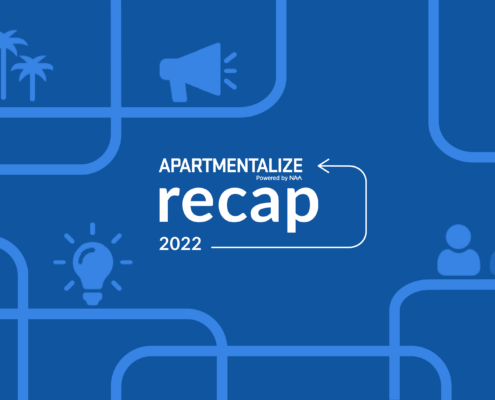
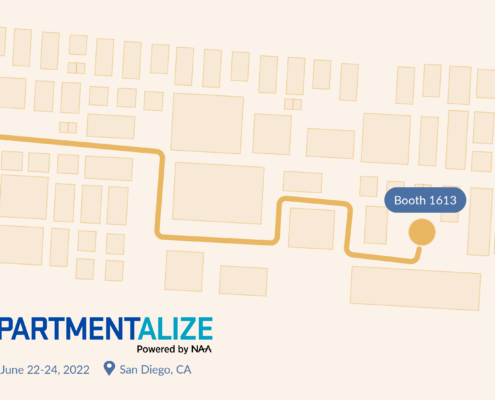








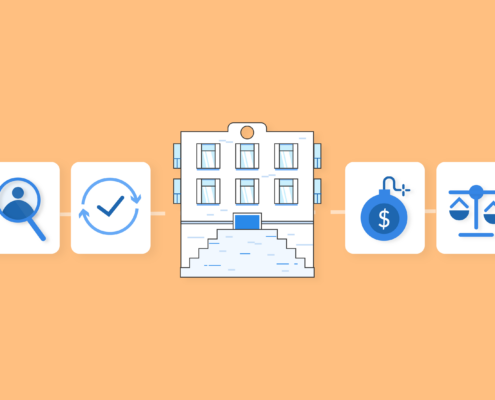
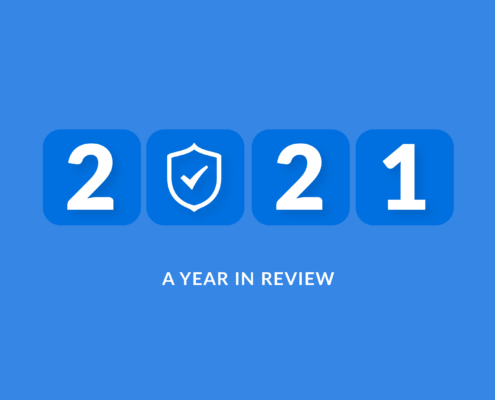




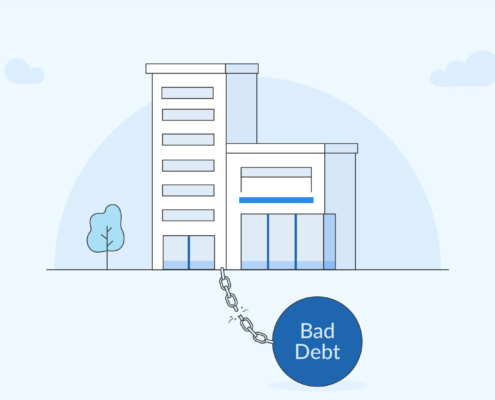












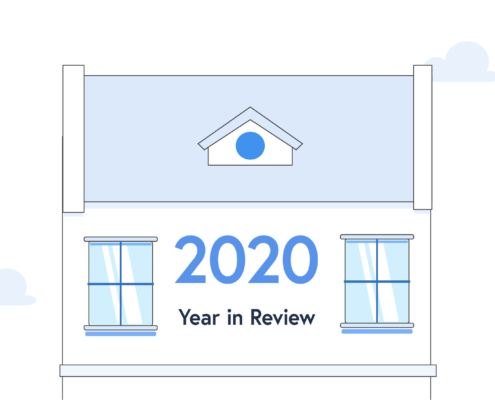































5050 Quorum Drive, Suite 700
Dallas, Texas 75254
CA Lic. # 0L80817
This site uses cookies. By continuing to browse the site, you are agreeing to our use of cookies.
AcceptLearn moreWe may request cookies to be set on your device. We use cookies to let us know when you visit our websites, how you interact with us, to enrich your user experience, and to customize your relationship with our website.
Click on the different category headings to find out more. You can also change some of your preferences. Note that blocking some types of cookies may impact your experience on our websites and the services we are able to offer.
These cookies are strictly necessary to provide you with services available through our website and to use some of its features.
Because these cookies are strictly necessary to deliver the website, refusing them will have impact how our site functions. You always can block or delete cookies by changing your browser settings and force blocking all cookies on this website. But this will always prompt you to accept/refuse cookies when revisiting our site.
We fully respect if you want to refuse cookies but to avoid asking you again and again kindly allow us to store a cookie for that. You are free to opt out any time or opt in for other cookies to get a better experience. If you refuse cookies we will remove all set cookies in our domain.
We provide you with a list of stored cookies on your computer in our domain so you can check what we stored. Due to security reasons we are not able to show or modify cookies from other domains. You can check these in your browser security settings.
We also use different external services like Google Webfonts, Google Maps, and external Video providers. Since these providers may collect personal data like your IP address we allow you to block them here. Please be aware that this might heavily reduce the functionality and appearance of our site. Changes will take effect once you reload the page.
Google Webfont Settings:
Google Map Settings:
Google reCaptcha Settings:
Vimeo and Youtube video embeds: